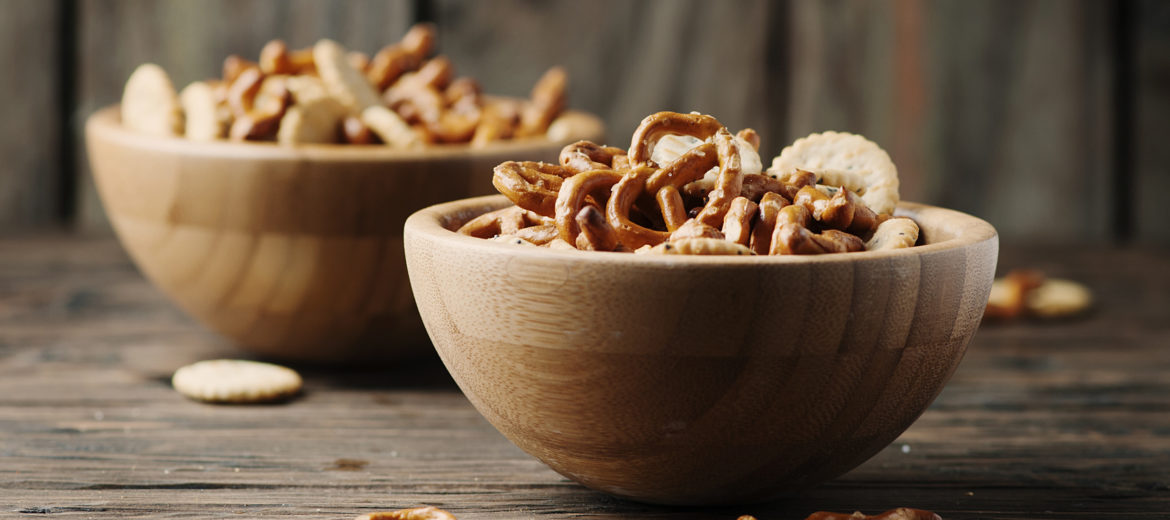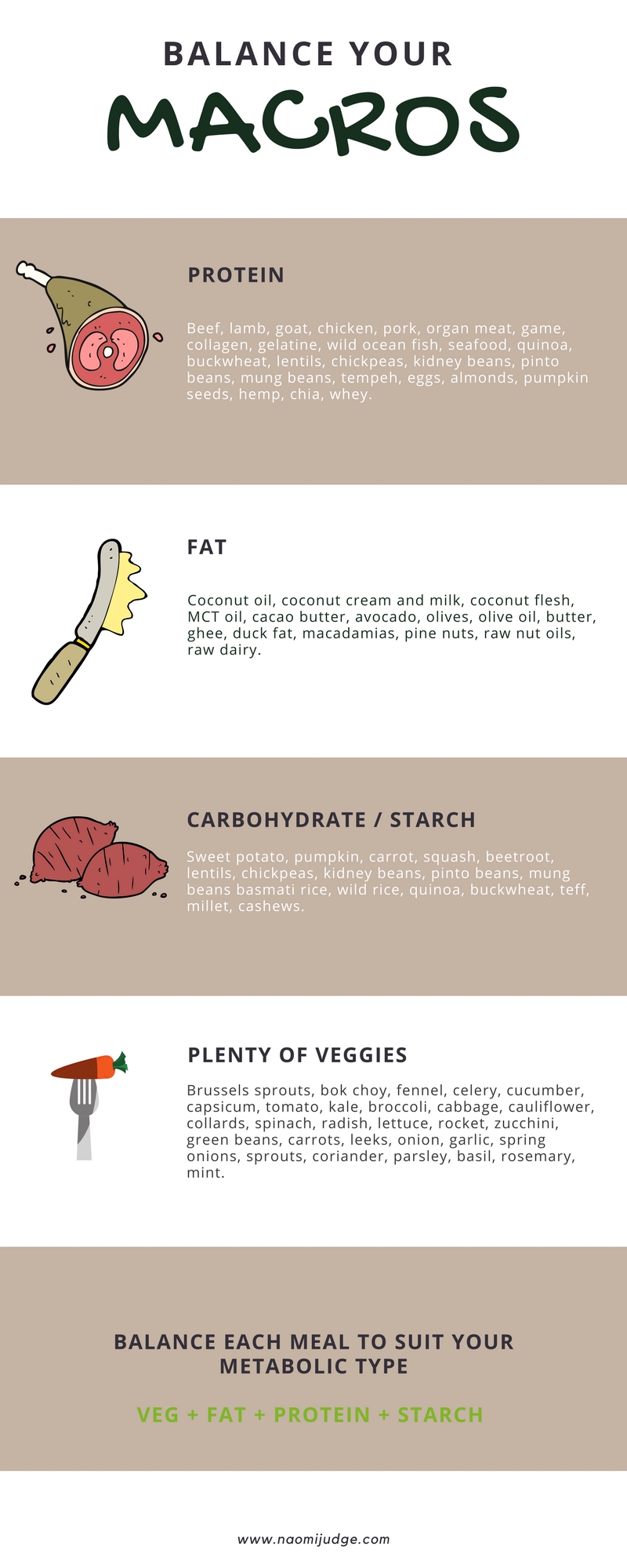Snacking speeds up your metabolism! Some people say….
It seems like snacking was the way to eat for a long time. Yet snacking is not the best strategy for a healthy metabolism, particularly binge snacking. Ultimately humans who live a life of relaxed bliss. Including daily yoga, hours of Zen meditation, no stress to their thyroid or adrenals, can fare better on smaller frequent snacks (I don’t know this person exists outside a zen Buddhist monastery?). And the average busy, stressed, overwhelmed human being will need a different approach to diet and wellbeing.
My snacking addiction for many years left me leptin and insulin resistant. Resulting in hypothyroid symptoms and a poor functioning metabolism. I was fatigued, cold, had dry hair and skin with no lust for life. Consequently, this poor health led me on my health journey and spurred on my passion for researching this area.
I want to take you through why snacking is not always the best approach for great health.
Let’s start with the usual suspect…
Insulin
The Pancreas pumps out insulin in response to eating. Particularly if the meal was high glucose or starch. Insulin triggers glucose to be stored for energy at a later date, for when food is scarce. Scarcity rarely happens these days, particularly with constant snackers, therefore more and more glucose get’s stored over time. Resulting in fatty liver and weight gain.
Also, constant snacking leads to an overabundance of insulin. Leading to chronically elevated insulin known as insulin resistance.
Elevated insulin can lead to:
-
Inflammation
-
Fatty Liver
-
Blood sugar fluctuations
-
Skin Tags
-
Keratosis Pilaris
-
Polycystic Ovarian Syndrome
-
Metabolic Syndrome
-
Weight gain
-
Acne
-
Constant hunger and craving for carbs and sugar
-
Water Retention
It’s important for a well functioning metabolism to get insulin working correctly. This ensures that glucose is managed, therefore preventing hypoglycemia or hyperglycemia.
Progesterone
Progesterone is a beautiful yummy calming hormone, which regulates fertility, your menstrual cycle, sleep and fluid. It’s very common for women to have low progesterone: one reason being is, stress! Progesterone is a precursor to cortisol – our stress hormone. So any stress will trigger the body to make more cortisol thus draining progesterone stores.
Studies indicate that our progesterone levels decrease after eating. This is bad news for people who eat and stress all day long. This will only compound low progesterone levels, resulting in lowered metabolic rate and chronic imbalance is sex hormones. Leading to a higher likelihood of estrogen excess.
Signs of low progesterone:
-
Bloating
-
Anxiety
-
Insomnia
-
Poor ability to adapt to stress
-
Painful lumpy breasts
-
Water retention
-
Sugar cravings
Cortisol
Cortisol gets a bad rap. We want cortisol, it’s a precursor to cortisone – a potent anti-inflammatory. Cortisol also helps you adapt to stress. But too much is not better when it comes to cortisol.
Due to elevated cortisol, you might experience:
-
Weight gain around your belly
-
Poor immune function
-
Craving sugar and carbs
-
Pain and inflammation
-
Insomnia
-
Poor digestive function
Constant snacking raises cortisol, which raises blood glucose, which raises insulin and results in elevated inflammation.
Over time this slows down your metabolism and leads to elevated glucose and insulin levels. Have you ever randomly woken up at 3 AM? Well, that could be cortisol kicking in and waking you up with a flood of glucose. Furthermore, high cortisol lowers electrolyte balance, which causes puffiness, bloating and swollen ankles.
Leptin
Leptin has a huge influence on your metabolic rate and is an important control mechanism for hunger. Food causes Leptin levels to increase resulting in satiety. The downside being, if you’re continually snacking leptin’s response changes. This change leads to leptin resistance much like insulin resistance. Causing hunger and continued snacking, more importantly, this change triggers the need for larger portions and feeling unsatisfied with your meals.
This damages the internal control mechanisms and can have long term effects on your metabolism and metabolic pathways. Including increased fat mass and lowered thyroid function.
Keep Your Metabolism on Track
Eating three balanced meals daily. Containing: fat, protein and carbohydrate, is one of the best ways to reset your metabolism. This very quickly begins to stabilise the hormones pivotal to metabolic function. Hormones such as cortisol, insulin, glucagon, leptin and progesterone. As these hormones begin to balance you’ll start to notice improvements. Such as appetite stabilising, fewer cravings, more energy and better moods. Finally, you’ll feel a freedom around food.
You won’t be wondering where the next snack is coming from.
Ready to take your Metabolism to the next level?
If you want to become the Master of your Metabolism today and take charge of your energy, jump onto the 10-Day Master Your Metabolism Challenge




